The Japanese word 'kimono' translates to “wearing thing”. Its first iteration emerged in the Heian period (794–1185). Straight cuts of fabric were sewn together to create a garment that fit every body shape (a forgiving garment; it's no wonder it's caught fire today). The Edo period (1603–1868) came, and it evolved into a unisex outer garment with smaller armholes called kosode. During this period, Japan was socially stratified, and as everyone wore kosode, messages were worked into the garment to 'announce' its wearer. The fabric, colour, motifs and style explained who you were. It wasn't until the Meiji period (1868–1912) that the garment was referred to as 'kimono'.
Today the kimono remains a symbol of personal expression and storytelling, and local designers are creating unique, versatile, and easily wearable garments that are becoming a staple of Johannesburg's fashion scene. Below are some of our favourite Joburg–based designers who are putting out their own interpretations of this once-ancient Japanese garment.
DOLLHOUSE BY TAMRYN WALKER
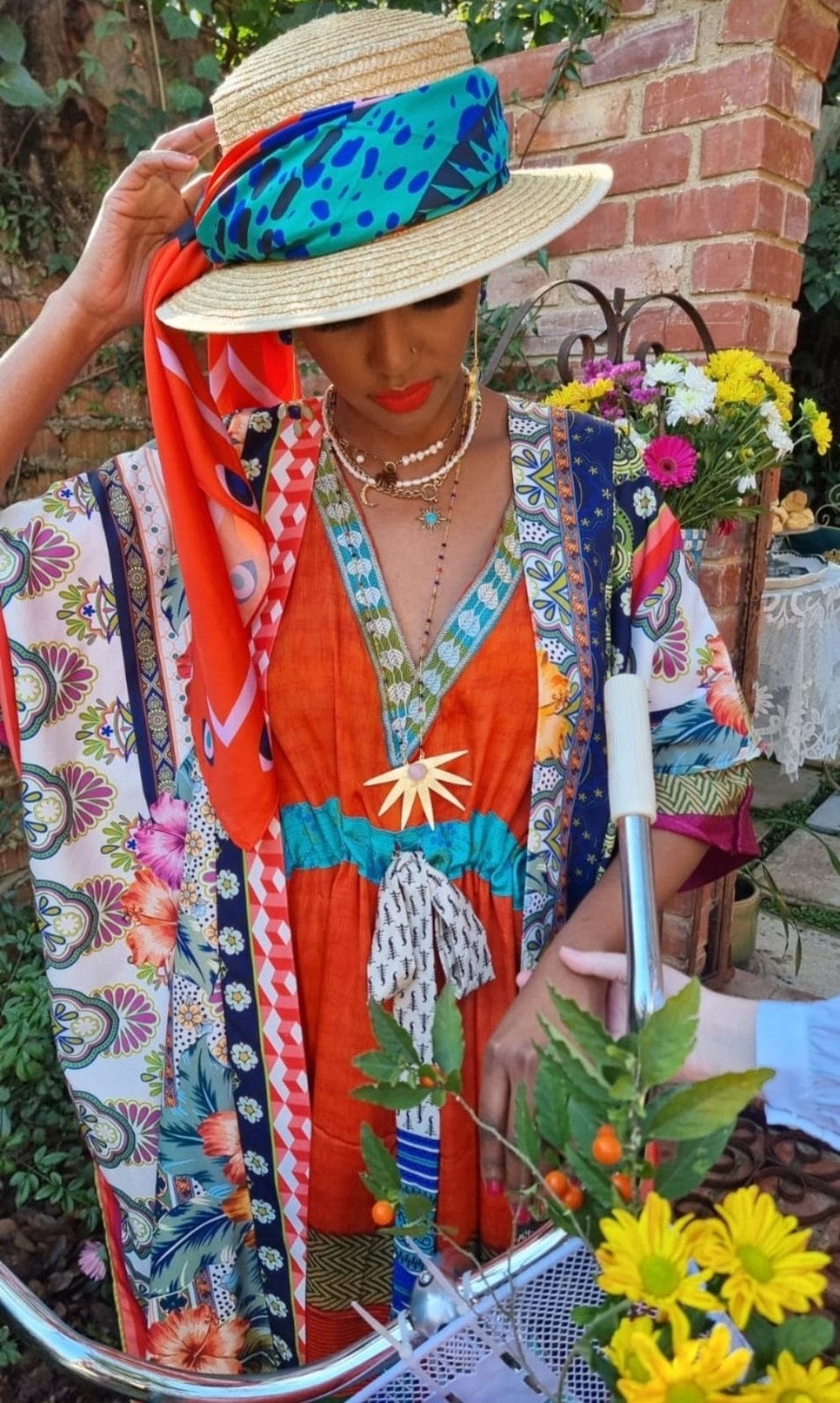
Tamryn Walker's label Dollhouse is a world of vibrant colour and contrasting prints that exude wild joy. Her kimonos feature bold leopard and floral prints and are stitched with fabulous sequin sleeves. A patchwork of patterns, there are no rules to mixing colours. This label is for the dreamer, someone who is not afraid to challenge fashion norms. Walker is inspired by the versatility and excitement it can add to a look. And we're here for it.
Find Dollhouse by Tamryn Walker at her studio (by appointment only, call +27 82 447 6808) at 46 Dorset Road, Parkwood, or visit Fairlawns Boutique Hotel, which is a stockist.
FABIANA HOY
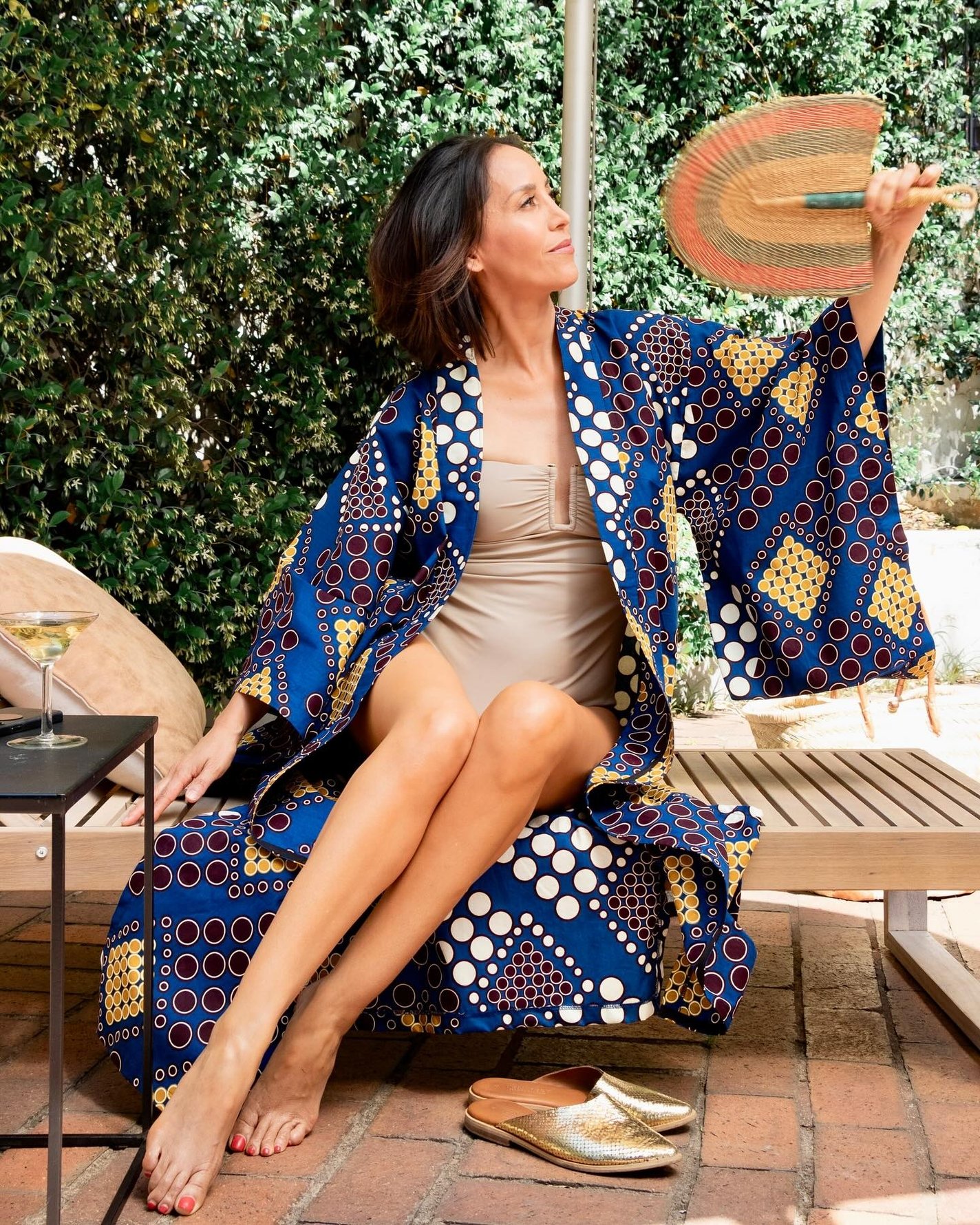
Find Fabiana Hoy at The Trov, 39 Keyes Avenue, Rosebank; visit her studio at 23 Kays Avenue, Bryanston; or shop Fabiana Hoy online. Call +27 64 754 7443 for more information.
HAPPI LAMA KIDS
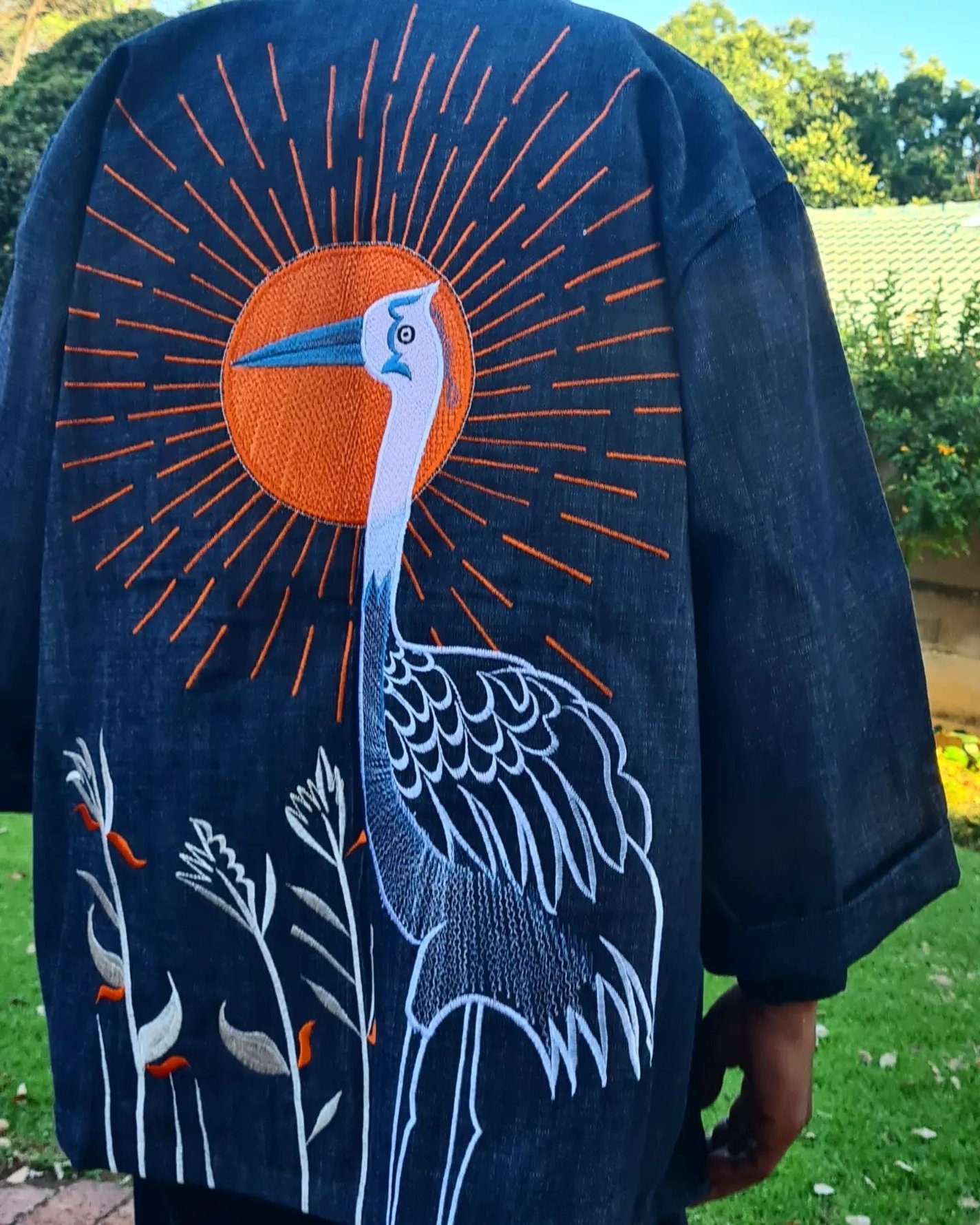
Happi Llama operates by appointment only; contact info@happilama.com or DM via Instagram.
IFUKU
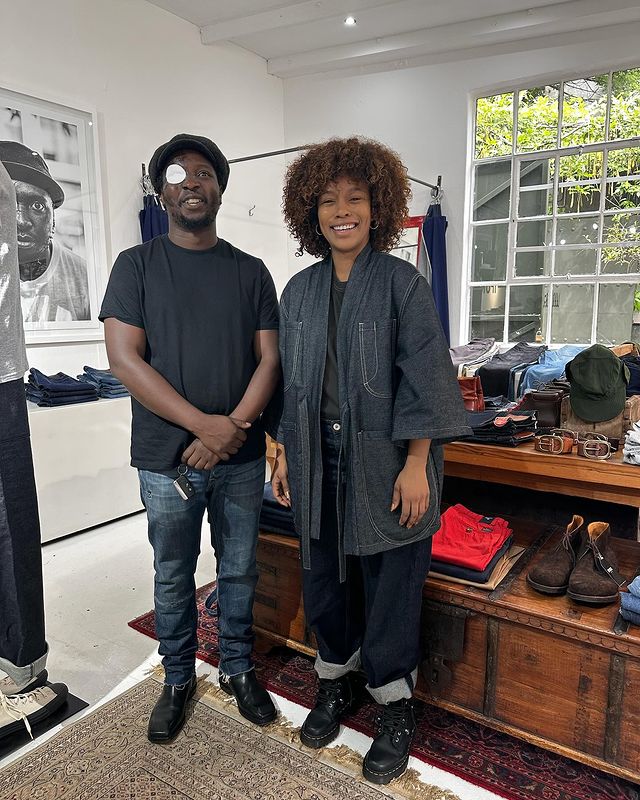
Find Ifuku at 44 Stanley, Milpark.
PROJECT INFLAMED
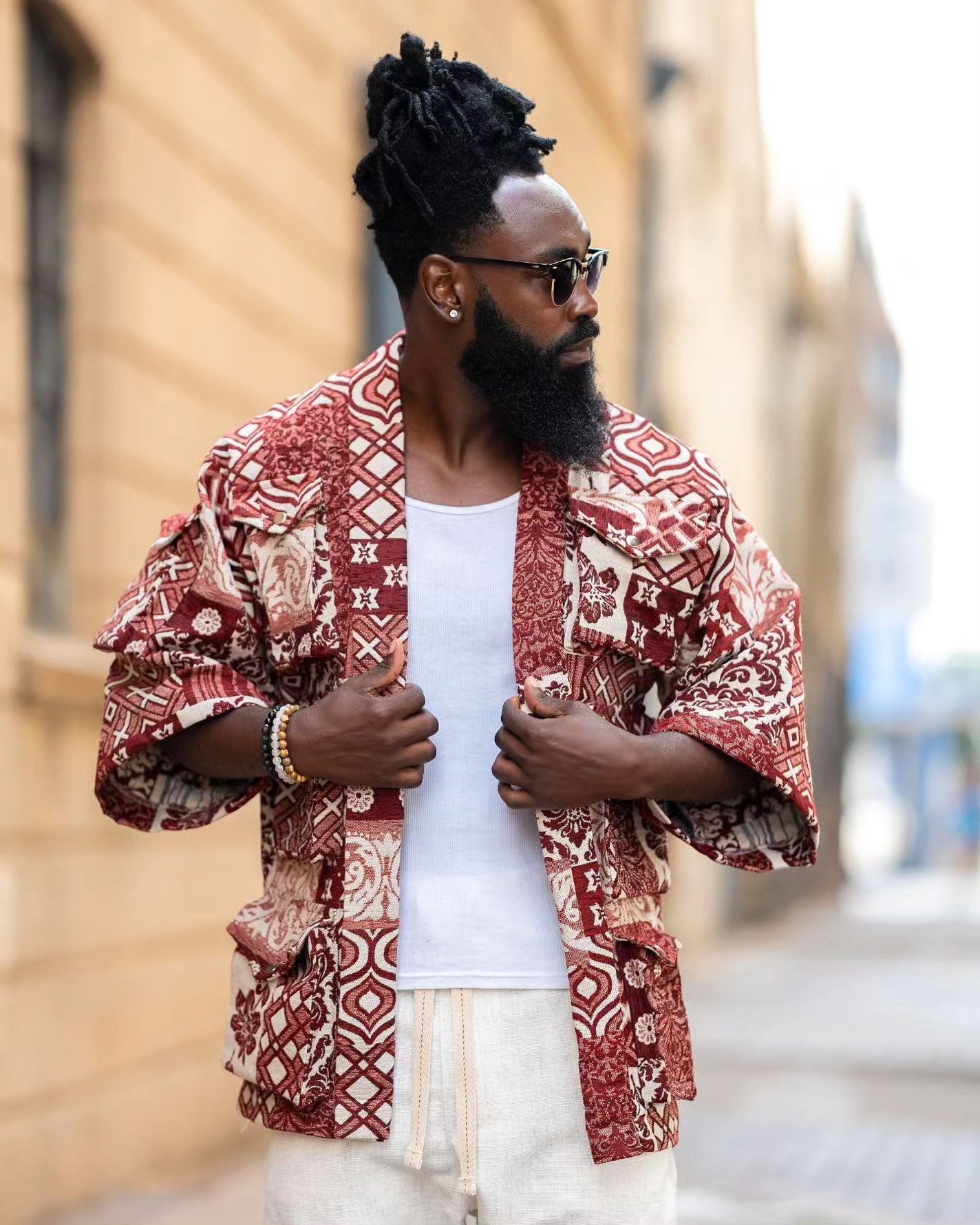
Find Project Inflamed at Arts on Main, 264 Fox Street, Maboneng.
ROMARIA
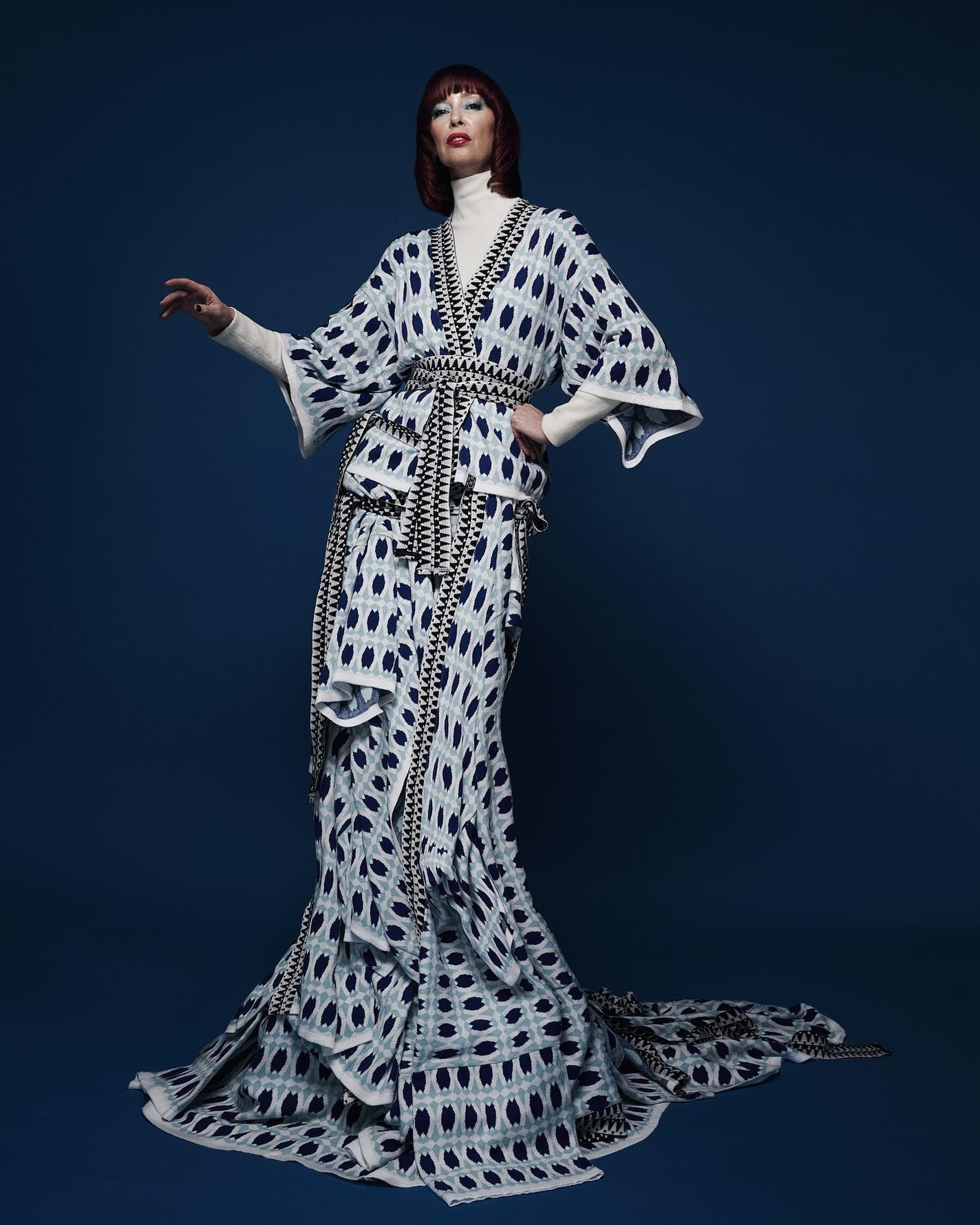
THE KGOSI KIMONO
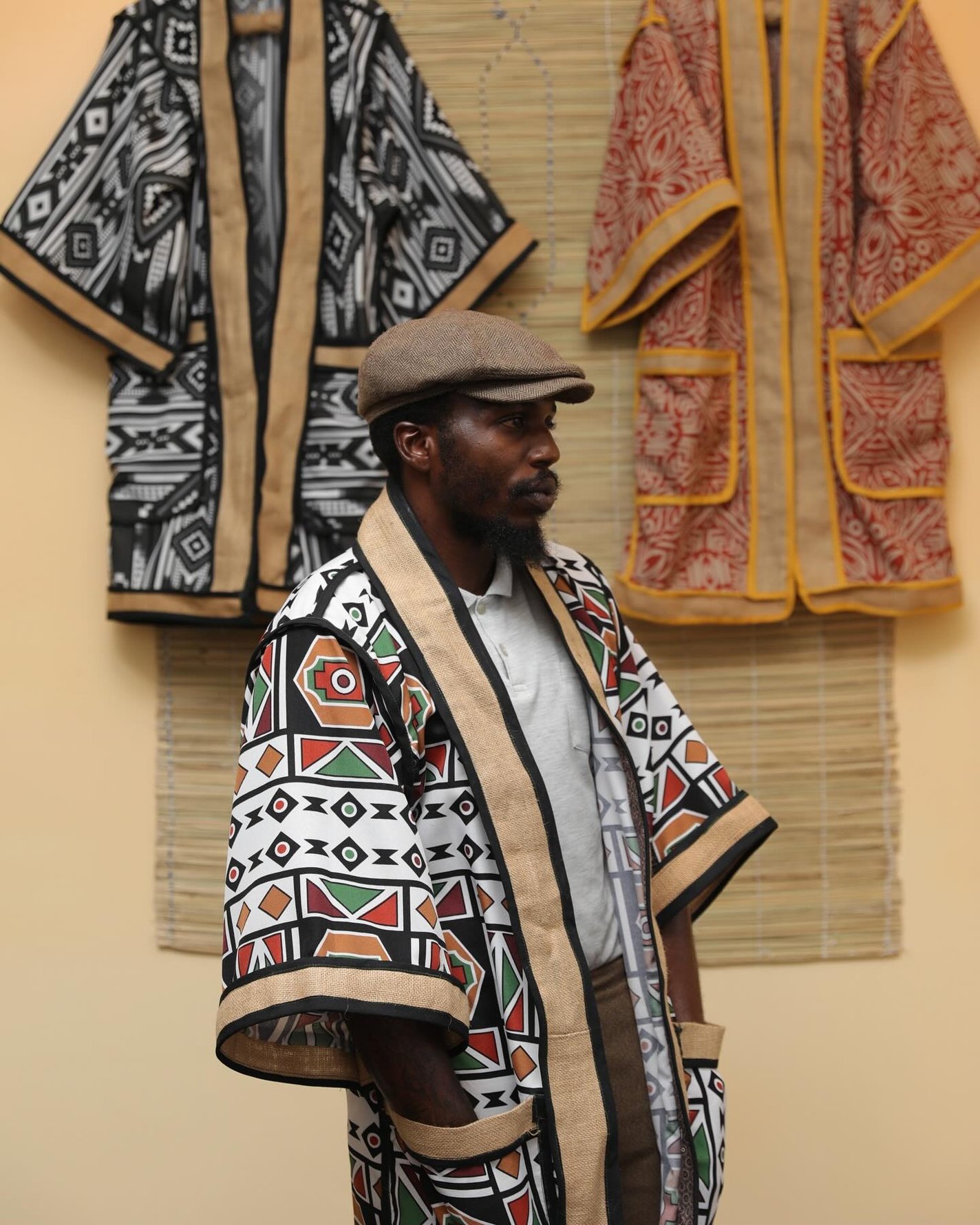
The Kgosi Kimono is sold online and can also be viewed in a small installation at The Social Table in Maboneng.


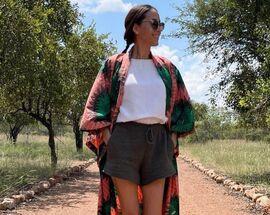
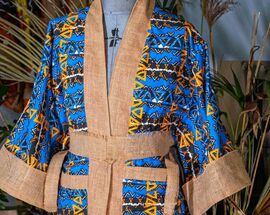



Comments